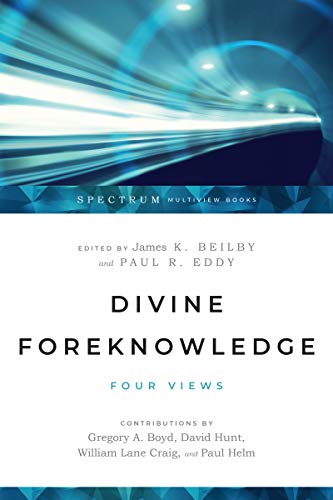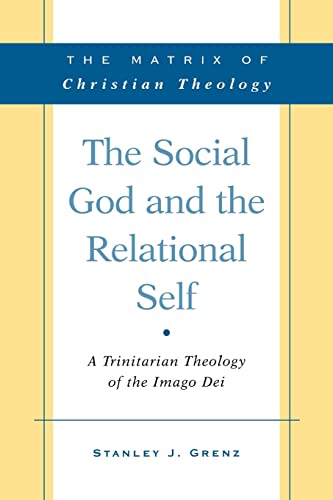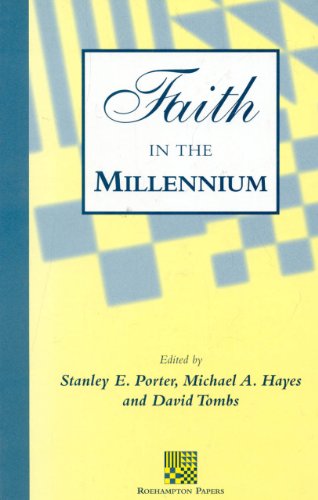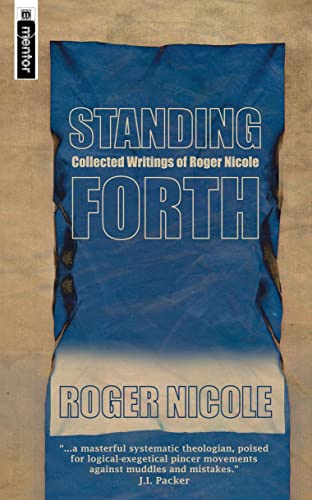Oxford University Press has produced an excellent series of ‘Past Masters’, offering brief introductions to influential writers and thinkers. Whatever its reason for doing so, Thomson Learning is also producing a series of brief introductions. If we are to judge by these two volumes, the rationale is that philosophers are treated here from a distinctively Christian point of view. It is not surprising that Pascal should appear; many will judge otherwise in the case of Jesus.
Douglas Groothuis does a good job of conducting us along the main arteries of Pascal’s thought. After a brief description of his life and an account of Pascal the ‘scientist and philosopher of science’, we arrive at the religious thought, particularly as it is found in the Pensees. The author succeeds in combining expository impartiality with a general advocacy, but certainly not an uncritical one. This volume deserves to succeed in its aim of getting people to reckon seriously with Pascal, and the demonstration that Pascal is no fideist (a description unsustainable on any careful reading of the Pensees) is especially welcome, because it will encourage readers to approach Pascal on his own terms.
Pascal is important enough, and this book serious enough, to warrant three detailed observations. (1) Denial of Pascalian fideism could be even stronger. The author concedes that some statements can be taken fideistically, but in the characteristic Pascalian example given, all we find is that the actual perception of God is by faith and the heart, rather than by reason, which does not entail the impossibility of ‘rational support for religious belief’ (my italics, 2). (2) Some may have trouble reconciling the two claims attributed to Pascal that (a) ‘human reason left to itself cannot understand the greatness and misery of the human condition’ (38) and (b) ‘man’s greatness and wretchedness are … evident’ (61). But these are consistent, so long as one remembers that rational failure to understand does not mean rational inability to acknowledge. (3) Dr Groothuis wants to allow more room for natural theology than does Pascal. Whether he is right or wrong in this, it is possible that Pascal would object as follows: If rational arguments apparently demonstrated the existence of God, this would stand in tension with the element of hiddenness in God’s revelation of himself, for which a theological reason has been given.
With the volume on Jesus, we enter a rather different world. Jesus is a philosopher: he does not ‘disparage rationality’; he uses types of argument classified by philosophers as philosophical; he has a metaphysic and an epistemology; his ethical teaching conforms to standard categorical kinds of ethics. These discussions are flanked by chapters on the historical nature of the Gospel documents, evidences for Christ’s resurrection and deity, and a discussion on ‘Jesus’ View of Women’ in particular, on account of the contemporary importance of this question. One might demur from this point or that, and there are severe constraints on authorial space, but the bare bones of the arguments are plausibly enough laid before us.
However, I don’t think that the author succeeds in defending the claim outlined in the crucial opening chapter, namely, that Jesus was a philosopher. For one thing, he does not ask whether the features adduced to show that Jesus was a philosopher might show, just as well, that he was a rabbi. But then perhaps rabbis are philosophers. More significant is a tension between saying that it is a necessary and sufficient condition for being a philosopher, that one has ‘a strong and lived-out inclination to pursue truth about philosophical matters through the rigorous use of human reasoning’ (5) and saying that ‘Jesus is never described as searching for truth’ (9). One might offer a distinction between pursuing truth and searching for it, but the description of a philosopher’s relation to truth, applied to Jesus, rings very strange alongside Jesus’ claim; ‘I am the Truth’. There is a hint of Nestorianism in the discussion, as though the question of Jesus as philosopher can be addressed without keeping in mind that, according to Chalcedonian orthodoxy, we are always dealing christologically with the person of the Word, who assumed a human nature. (Gordon Lewis and Bruce Demarest’s formulation, quoted on p. 92, is ambiguous here.) Yet one must be vigilant, lest my objection, for its part, contain a hint of Apollinarianism.
It is impossible to consider here just how much is at stake in the claim that Jesus did not just philosophise, but was a philosopher. However, within their compass, these two booklets are straightforward in content and fair-minded in tone, containing bibliographies for the reader to follow up.
Stephen N. Williams
Stephen Williams is professor of systematic theology at Union Theological College in Belfast, Northern Ireland, and served as general editor of Themelios from 1995 to 1999.







